Ankara, 25 Rabiul Akhir 1437/4 February 2016 (MINA) – It’s a disparity that hits you as you drive through the sun-bleached dusty roads of the southern Philippines, says Huseyin Oruc, a Turkish member of the body overseeing the country’s peace process.
“If the streets are clean, asphalted and not narrow, you can understand that you are in a Christian majority area; if the streets are narrow, not neat and old, wrecked houses around, then you can see that you are in a Muslim area,” he tells Anadolu Agency from his Istanbul office, Mi’raj Islamic News Agency (MINA) reported, quoting Anadolu Agency.
In tracking the implementation of the peace deal which was signed in 2014 by the government and the country’s largest rebel group, Oruc — who has just recently returned to Turkey from the Philippines — says the five-man independent Third-Party Monitoring Team has gotten to know the country.
“Muslims only get a quarter of the national income compared to other regions. You can immediately see the difference by looking at school buildings, at the state of the streets.”
Also Read: UN Experts Warn Right Violations in Kashmir by Indian Authorities
On Wednesday, the Philippines Congress adjourned for election campaigning after a final session with lawmakers expressing little hope for the passage of a law that seals peace in the southern region of Mindanao before new leaders are sworn in on the back of the May 9 presidential vote.
The law has been scuttled in parliament following the deaths of 44 police commandos at the hands of guerrillas connected to the Moro Islamic Liberation Front (MILF) — co-signatory’s with the government in a 17-year peace process to end a separatist conflict that has killed around 150,000 people.
Government peace panel Chief Negotiator Professor Miriam Coronel-Ferrer on Wednesday spoke to parliament of her frustration.
“It is only to be expected that the Filipino people, especially those in the Bangsamoro who had pinned high hopes on this new law, are grieving, hurting, and once again, dreading what tomorrow may bring,” she said in a statement.
Also Read: At Least Nine Children and One Woman Killed in Pakistani Airstrike on Afghanistan
“However, the collective inaction of our legislators to complete the deliberation on the Bangsamoro Basic Law [BBL] did not, and will not, stop the momentum of the Bangsamoro peace process. At this low point, we call for sobriety and perseverance.”
Oruc, however, underlines that a change in government does not necessarily mean the end, even though he says politics in the country “can change very quickly depending on who’s in charge”.
He says that of the four presidential candidates, he expects the process to continue if Interior Minister Manuel “Mar” Roxas wins, as Roxas is the choice of outgoing President Benigno Aquino III, whose term ends in June.
“The second candidate, Jejomar Binay, also believes in peace but he has said his methods would be different from the current; the third, Grace Poe’s approach to politics is not certain yet but she also said peace should come to Philippines,” he says.
Also Read: Pakistan Condemns Israeli Settler Attacks in West Bank, Al-Aqsa Storming
“The last important candidate is Davao’s Mayor Rodrigo Duderte. From what I heard, if he is elected, he is believed be quick to reach success in peace talks.”
More importantly, Oruc — vice president of Turkey’s IHH Humanitarian Relief Foundation — underlines that the MILF have said “that they want to continue”.
“There is risk, but the MILF have recently declared something really important. They said that they want to continue with the 2014 comprehensive agreement. They are also saying BBL’s not passing yet is a negative aspect, but they will continue to meet the conditions… There is still hope.”
He adds that the community is “of course” disappointed, but they are still on the side of peace.
Also Read: China Criticizes US-Drafted UN Gaza Resolution as Vague, Abstains from Vote
“They believed that the current president was genuine… now the souls of the Muslim community have been broken.”
The road may be long
There are other roads, however, that those who feel let down can travel.
Waiting in the wings are a multitude of insurgency movements waiting to pick up on young Muslim disillusionment and radicalize them. The violent Abu Sayyaf group has pledged allegiance to Daesh, while another armed group in the South, the Bangsamoro Islamic Freedom Fighters, has also offered its support.
Also Read: Former Bangladesh PM Sheikh Hasina Sentenced to Death
“There is a risk [of such radicalization]. When we look at world trends, this field [the southern Philippines] is susceptible to it,” he says, underlying that the MILF also has it concerns.
“The MILF say that they are trying to get a hold of their youth but it is a challenging issue for them because there is now a risk that the peace talks could be off.”
He underlines, however, the Muslim communities’ respect is still with the MILF.
Since 1984, the MILF — formed in 1977 after a split with The Moro National Liberation Front — has been the largest rebel group in the southern Philippines.
Also Read: Pakistan Declares State of War After Car Bomb Incident
“The heroes of the battles are still in the MILF management. The youth looks up to them,” Oruc says.
“Muslims in the region hope for peace, and they think that only the MILF can do that. Muslims expect that after the MILF succeeds that they too can live in wealth.”
Observers believe that road may be long. (T/P010/R07)
Mi’raj Islamic News Agency (MINA)
Also Read: Jakarta Hosts Gala Dinner for World Peace Forum Delegates





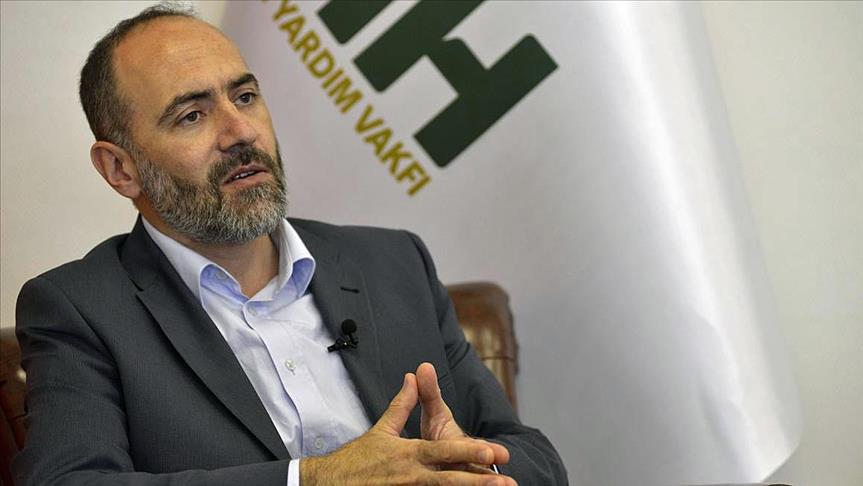


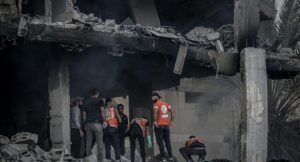

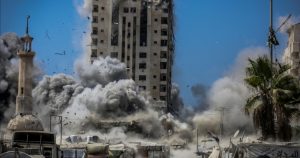
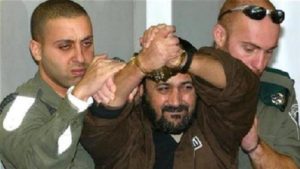
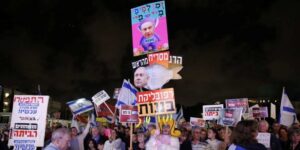
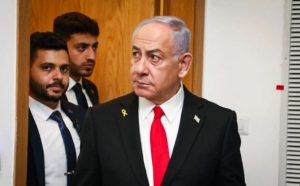
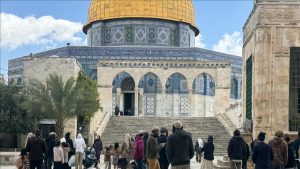





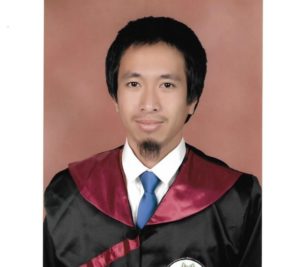







 Mina Indonesia
Mina Indonesia Mina Arabic
Mina Arabic